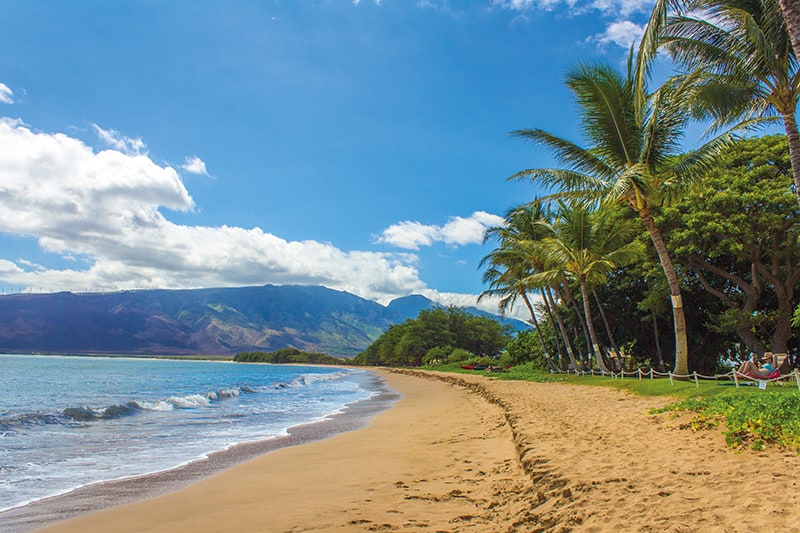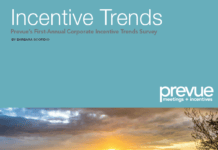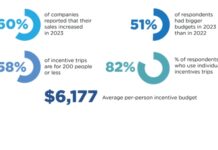 The Wall Street Journal reports that Charles Schwab Corp. is replacing an upcoming incentive trip for top performers with $5,000 and a paid week off. In response to the article, the Incentive Research Foundation’s Chief Academic Advisor Allan Schweyer submitted a letter to the editor that planners may find useful.
The Wall Street Journal reports that Charles Schwab Corp. is replacing an upcoming incentive trip for top performers with $5,000 and a paid week off. In response to the article, the Incentive Research Foundation’s Chief Academic Advisor Allan Schweyer submitted a letter to the editor that planners may find useful.
The article cited “reputational risks” associated with incentive award programs and potential cost savings. “The timing appears connected to the SEC’s Regulation Best Interest (RBI) rules, which are scheduled to come into effect next year,” said Schweyer.
The aim of RBI rules is to protect average people from advisors who make recommendations that favor the advisor but may not be best for the investor, but well-designed incentive travel programs need not reward specific products, investments or even sales, he noted. Even where they reward direct outcomes, like sales, they normally consider achievement across a range of products and services over the course of an entire year.
“Schwab may save money by reducing its travel incentives, but at what cost?” he asked. According to IRF surveys in 2017 and 2018, travel remains one of the most popular and fastest-growing motivational tools for sales and other employees. About 40% of U.S. firms use incentive travel rewards, spending an average $8,151 per participant. Worldwide, 65% of firms are expanding their incentive travel programs.
The use of incentive travel is increasing because it works, he said. A substantial and growing body of academic research cites the greater benefits and ROI of travel and other non-cash rewards over cash rewards, he said. People tend to use cash for utilitarian purposes, while experiential gifts generate feelings, emotion and memories. “There remains a stigma attached to talking about cash but people love to talk about and share dining and travel experience…and reciprocate with greater effort, collaboration, engagement, loyalty and performance,” he noted.
Since 1996, use of non-cash rewards has risen from just one-quarter of US firms to more than 85%. Travel represents the ultimate reward in terms of motivation. Over-emphasis on cash rewards may cost companies much more than they expect in the long term, said Schweyer.
For more about the benefits of incentive travel programs, check out the Incentive Travel Industry Index, powered by SITE Index, IRF Outlook, and FICP. For more information about incentives, click here and here.










